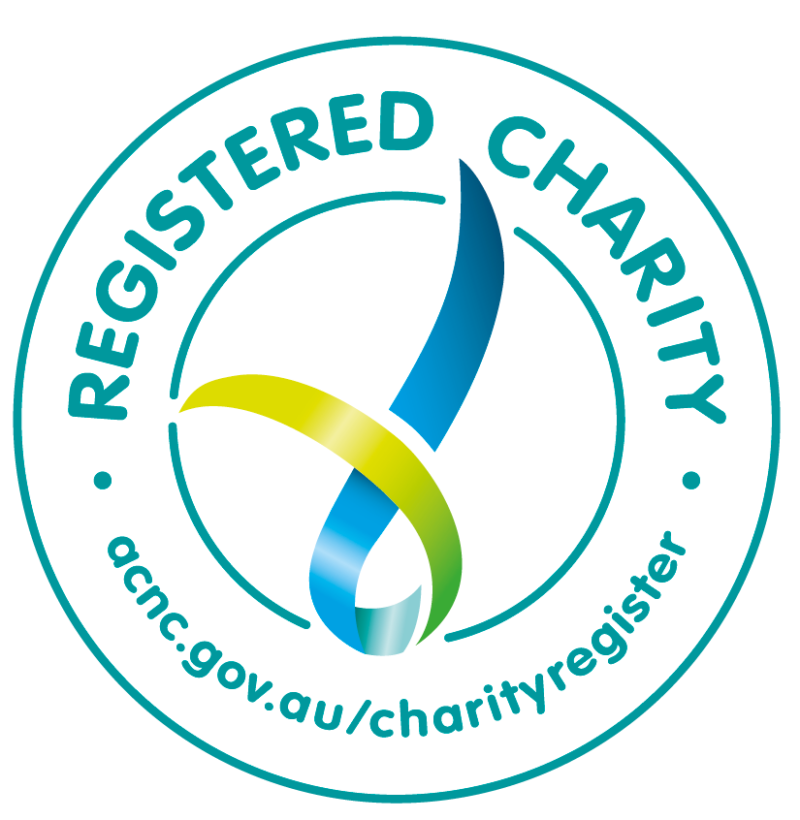Trauma is most often the result of a negative event or situation. It may be the death of someone you love, experiencing abuse, an accident, a difficult relationship, or a natural disaster like an earthquake or fire. If you are feeling shocked and overwhelmed with emotional pain, such as feeling sadness and grief, feeling anxious or fearful, or struggling with other emotions after such an event, you are probably experiencing trauma.
It’s important to address the root cause of the trauma and support your mental health. Doing so can be confronting and can put you out of your comfort zone, but it’s important for yourself, your kids and family.
Everyone deals with trauma differently. Some people will be able to recover after a traumatic event or experience with support from family and friends. For others it can take more time to process, recover or accept a traumatic experience. Even when you feel like you have recovered and are moving forward, you probably won’t forget about it. You might still feel negative emotions about it or find it upsetting to think about it or be reminded of the experience. However, if these feelings are still overwhelming you or stopping you from enjoying your life after some months of recovery time we encourage you to seek the support of a health care professional.
You can contact Beyond Blue, Mensline or your GP for a referral.
Tips to try after experiencing a traumatic event:
- Give yourself time. Try not to put pressure on yourself to feel better straight away. It can take time to accept and then learn to live with what has happened. If you have lost someone or something significant to you, you may need time to go grieve and this can be different for everyone. You don’t have to appear to be better straight away if you are not.
- Don’t isolate – accept support and help. Being open to and seeking support from friends, family or other people that you trust, can help you to cope better after a traumatic event. As well as offering you emotional support, they could help you with practical tasks, or just spend some time with you. Plus, you will be less likely to experience poor mental health if you are around people and can avoid engaging in negative or distressing thought patterns on your own.
- Talk about the event to someone you trust. Even though it may be difficult, research has shown that talking about the situation or event and your feelings can help you to recover and ultimately be more resilient. Avoiding these memories and feelings has been shown to result in people feeling worse.
- Keep your life progressing and get positive routines going again. Try to keep to the routines that worked for you before the traumatic event as much as you can, even if it feels hard. Try to get your eating and sleeping and exercise routines back on track as soon as you feel up to it.
- Take care and avoid substances that may be harmful. After a traumatic event, people are more likely to find they overuse alcohol or drugs as a way to cope. While these may feel like they are helping in the short term, they won’t help your recovery in the long term.
- Check in and notice how you are feeling. Pay attention to how you are feeling over the months following a traumatic event. If you don’t feel like you are feeling better, or you are struggling emotionally you should speak to your GP. Your GP can arrange for some professional mental health support to help you through this stage.
Have you enjoyed this article? As we delve into the complexities of fatherhood, our content serves as a reliable guide, offering insightful tips and expert guidance. Discover more general parenting advice on our blog.



